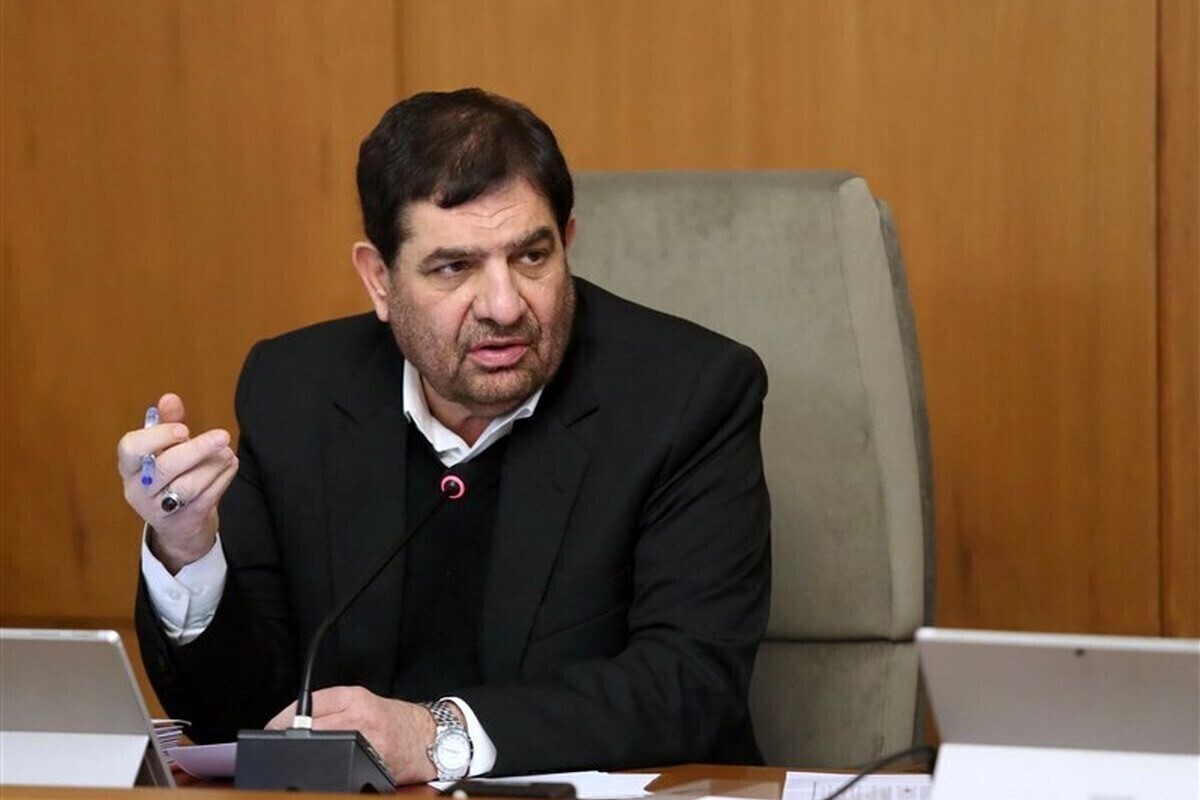
Sanctions Snapback Not Raised at JCPOA Meeting
EghtesadOnline: The idea of triggering the 2015 nuclear deal's dispute resolution mechanism, which could lead to the return of global sanctions against Iran, was not discussed during the recent meeting of the agreement's Joint Commission, according to a top Iranian diplomat, despite previous hints by European countries about considering it as an option.
The Joint Commission, a forum responsible for overseeing the implementation of the nuclear accord, convened on Friday to discuss the recent disputes about the parties' fulfillment of their obligations.
"In the recent meeting, the activation of the dispute mechanism was not discussed at all. Therefore, statements and ideas aimed at spreading propaganda against our country have been laid aside for now," Deputy Foreign Minister Abbas Araqchi told reporters on the sidelines of a parliamentary session on Monday, ISNA reported.
Following the United States' withdrawal last year and its reimposition of sanctions on Tehran, the responsibility fell on the remaining parties to keep the deal alive by protecting Iran's benefits.
When their efforts failed to make a tangible improvement in the Iranian economy after a year, Iran began reducing its compliance step by step to restore balance to the agreement, which is formally called the Joint Comprehensive Plan of Action.
European countries, much to be blamed for inaction, have been urging Iran to return to full compliance, while Iranian officials argue that Europe must meet its commitment to guarantee the country's interests first.
France, Britain and Germany have been recently warning of triggering JCPOA's dispute resolution mechanism that could culminate in the United Nations Security Council with a so-called snapback of global sanctions on Tehran.
Following Iran's last step of scaling back its commitments, they issued a statement, expressing readiness to consider "all mechanisms in the JCPOA, including the dispute resolution mechanism".
French Foreign Minister Jean-Yves Le Drian had said separately that his country is seriously considering the mechanism as a solution.
German Foreign Ministry Spokesman Christofer Burger had also told reporters prior to the meeting that Iran's approach was "unacceptable" and that diplomats would make that clear at the event.
The remarks had raised speculations that the European Union would eventually trigger the mechanism after the Joint Commission session.
Chinese, Russian Support
According to Foreign Minister Mohammad Javad Zarif, Iran and the two non-European parties to JCPOA—China and Russia—explicitly emphasized Tehran's dissatisfaction with Europe's manner of implementing the deal during the meeting.
"It was also underlined in this conference that … Iran is always ready to stop its measures based on Article 36 of JCPOA if other signatories of this international agreement fulfill their commitments," he told reporters upon arrival in Turkey to attend an Asian conference on Sunday.
He was referring to the JCPOA article that allows one party to reduce its commitments once another party is deemed out of compliance.
Zarif described as "positive" the new decision by six EU countries to join the financial mechanism called Instrument in Support of Trade Exchanges (INSTEX) that has been devised to facilitate trade with Iran in view of US sanctions.
"What we expect is the operationalization of INSTEX," he said.
The system was launched in January by France, Britain and Germany, but has not been activated to remove obstacles to Iran's trade.


